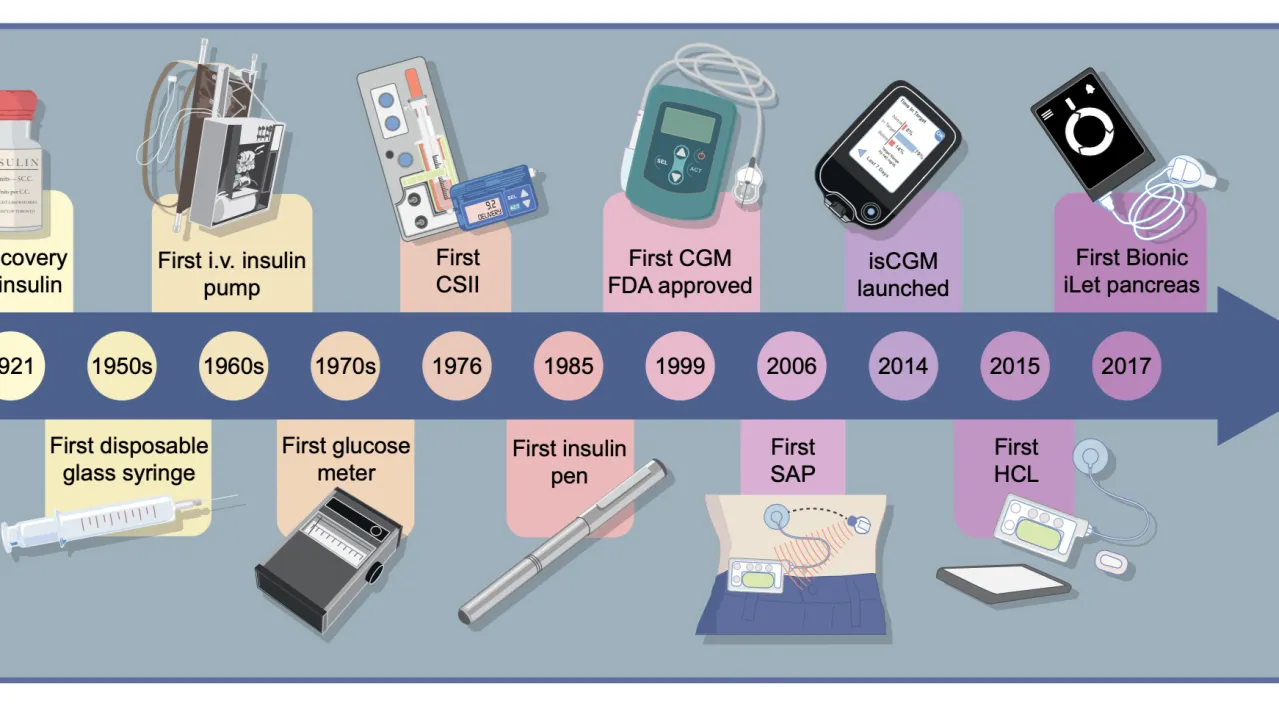Diabetes, which affects more than 5 million people in Spain, remains one of the greatest global health challenges.However, a recent report presented by Abbott, "the future of diabetes care: the vision of experts," invites us to look at the next decade with optimism.
This document, which includes the opinions of 20 European leaders in the field of diabetes, highlights four key tendencies that promise to revolutionize the care of this condition:
Connected technology:
The integration of systems such as closed circuit hybrids (AIDS), which administer automatically insulin, and the potential of artificial intelligence, are approaching the long -awaited artificial pancreas.These advances reduce the daily burden of people with diabetes and allow more precise and personalized control.Personalized attention:
Continuous glucose monitoring (MCG) systems are evolving to offer more detailed information about the body's response to food, exercise and daily habits.In addition, advances in "intelligent insulin" promise to further stabilize glucose levels, reducing risks such as hypoglycemia.Focus on type 2 diabetes:
With a worrying increase in its prevalence, type 2 diabetes requires a priority approach.Experts call to combat stigma associated with this condition and facilitate early access to technological devices that improve glucose control.Advanced therapies:
Although in initial stages, the use of stem cells to replace beta cells could radically change the treatment of diabetes, reducing the dependence of insulin injections.
In addition, the report underlines the need to continue working to detect and treat non -diagnosed diabetes, a challenge that affects 1 in 3 people with this condition in Europe.
What does this mean for us?
As a member of this community, this type of advance not only allow us to have hope, but also the opportunity to get more actively involved in our health and well -being.It is important to stay informed, share experiences and support each other.
Let's continue building a future where diabetes is increasingly manageable and less challenging!
What do you think of these advances?
We expect your opinions in the forum!🌟


